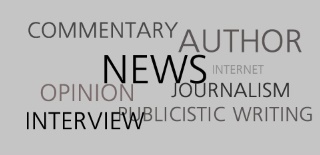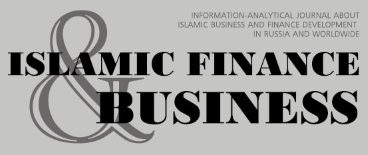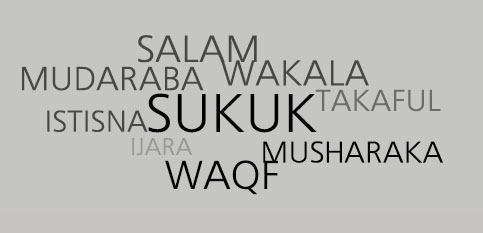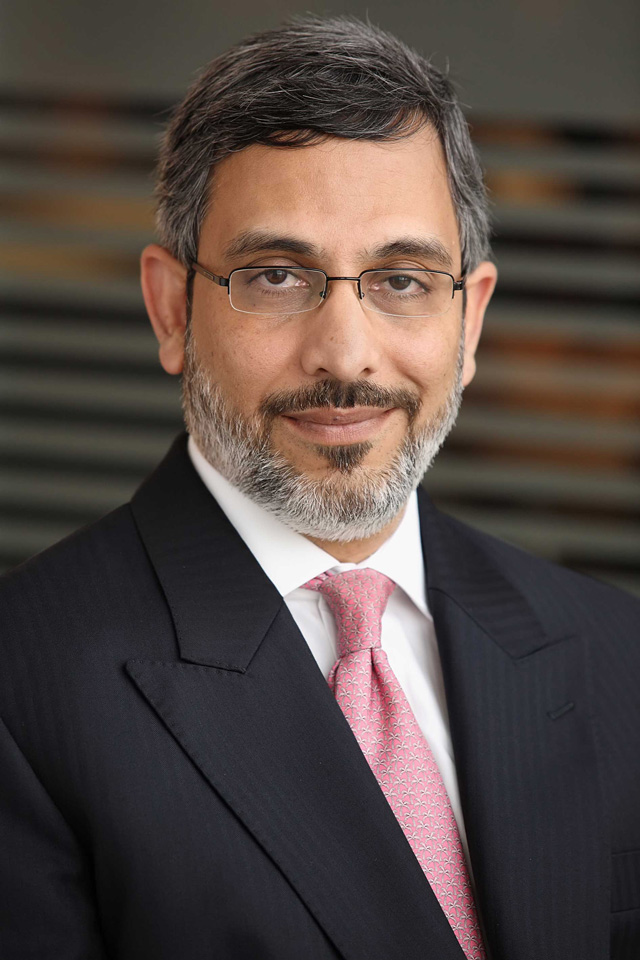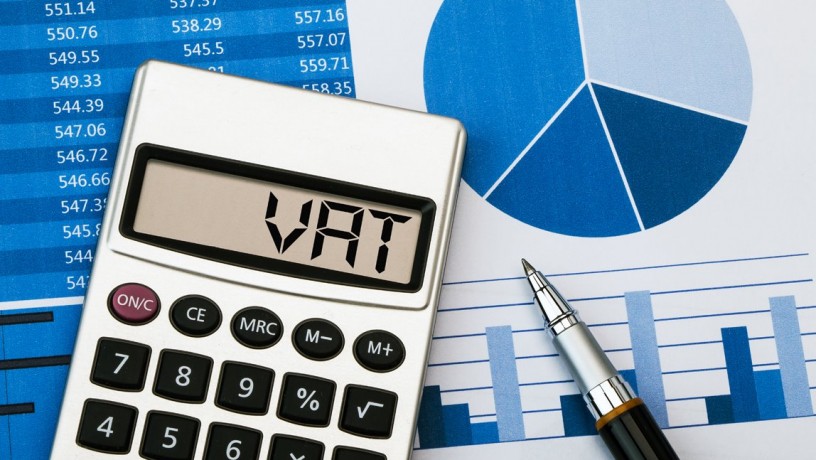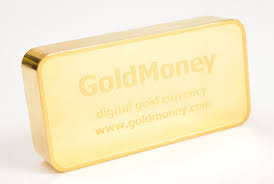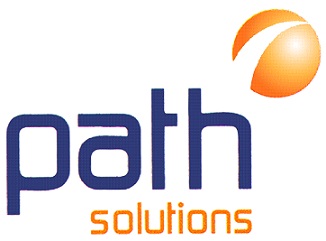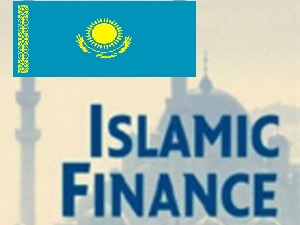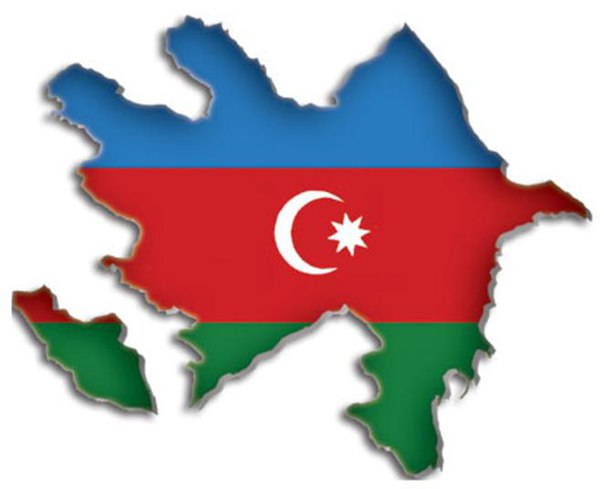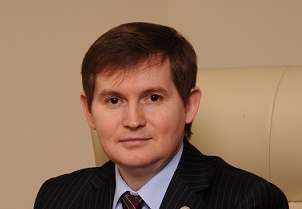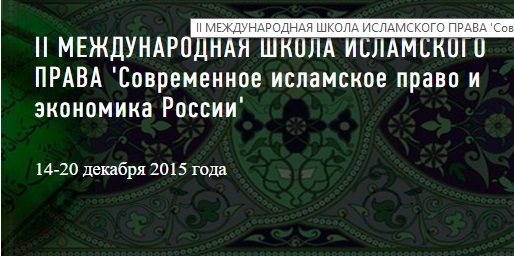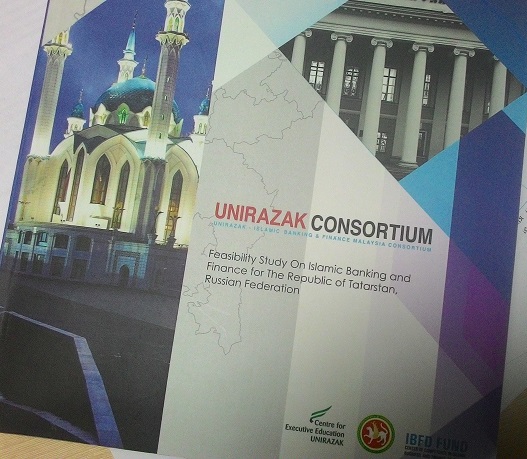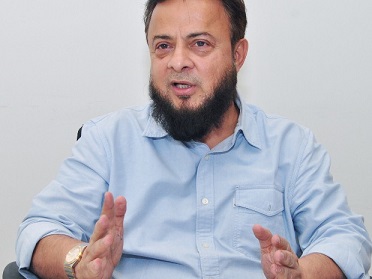News stories since the financial crisis have given mixed messages regarding the success or failure of Islamic banking in weathering the financial storm. Afaq Khan, chief executive officer of Standard Chartered Saadiq, the Islamic arm of Standard Chartered Bank, spoke with Executive to set the record straight.
News stories since the financial crisis have given mixed messages regarding the success or failure of Islamic banking in weathering the financial storm. Afaq Khan, chief executive officer of Standard Chartered Saadiq, the Islamic arm of Standard Chartered Bank, spoke with Executive to set the record straight.
E Has confidence in Islamic financing tools and sukuks suffered in the last year or two?
No absolutely not. Sukuk issuance has slowed down but that is not a good [indication] that the confidence in the instrument has suffered. Sukuks are designed to raise medium-term capital for expansion. As the global economy has slowed down and some markets where we were seeing a lot of issuances have slowed down, the need for medium-term capital has also slowed down.
But the confidence in the instrument itself remains completely intact. I have not had one single conversation, whether with the investor or with the issuer or with the regulator or with the sharia board, that has raised any concern with the underlying product itself. So while it is correct that the issuance has gone down, the reason people are citing is completely wrong.
E Is appetite for sukuks growing outside the Arab world?
It is directly related to the need for capital in any economy. Whether the need for capital has moved to Pakistan instead of Kuwait or to London instead of Japan, that is where the instrument [will be used]. It is a means to an end: a way to raise capital. First you have to find out if there are customers who want to raise capital. Then you have to find out if there are investors who would be interested in investing in the customer in that country, and that's how sukuk take shape.
E Is Islamic banking still being introduced in a lot of markets or is it institutionalized by now?
It's not institutionalized by any means, but it's progressing well. Every country is at a different stage; Singapore has passed an Islamic banking law, the United Kingdom has an Islamic banking law, Hong Kong is working on it, Korea is working on it. It's a work in progress and it's progressing well.
E Do you have timelines or expectations for how fast it will grow and where you would like to be?
As a bank I do, but I am just one part of the industry. What we are trying to do is to start with the regulators and the policy makers to allow Islamic banking to operate in their country. Because Islamic banks don't lend money and charge interest, they buy and sell they trade. So if there is tax on each separate transaction, then the tax cost becomes quite onerous.
Once you have some understanding from the regulators that they will allow Islamic finance to operate in their economy and that it is transparent and it is part and parcel of their public policy, then you can develop the industry.
It takes time to open in new countries. That is the excitement of the job you are creating something that does not exist.
E Islamic banks have both been lauded for resisting the affects of the financial crisis and criticized as being under-regulated and un-transparent. Which one is more accurate and how do you change that perception?
Well, the truth lies in the middle. The idea that Islamic banking is significantly better than commercial is a slight overstatement because, [regarding] the crisis that happened in North America and the contagion [that followed], of course Islamic banks were not in those geographies.
So there was no subprime for Islamic banks and there was no derivative trading for Islamic banks, sharia law wouldn't allow it. So, we came out of the crisis much more solid because we were not active in those markets and we were not active in those products.
Now the other extreme is also incorrect, that sukuks are not transparent. Sukuks are completely transparent. They go through the same rating process. They have the same disclosure process as a commercial bond. The documentation is prepared by the same international law firms. So anybody who says that they are under-regulated is misinformed.
www.zawya.com
 Contacts |
Contacts |
 Русский
Русский
